
The Environmental Protection Agency (EPA) is developing procedures and structures to support Government’s priority initiatives, such as the Planting for Food and Jobs; and the One District One Factory, to embrace sustainable environmental practices.
Mr John A. Pwamang, the Acting Executive Director of the Agency, who announced this at a durbar to mark the World Environment Day, explained: “Experience has shown that such interventions could cause adverse impacts on the environment if not well planned and implemented.
“The Agency is, therefore, developing simple tools under the Environmental Impact Assessment Process to be used to conduct rapid assessments of projects under these initiatives to ensure that they are permitted promptly and they are implemented in environmentally sustainable manner.”
Under the national theme: “ Connecting People to Nature from Cape Three Points to Bawku”, the durbar was held to bring the point home at Kyebi, in the Eastern Region, which is host to the Atewa Forest Reserve.
Atewa, which is ranked first as Ghana’s upland evergreen forest, and the third in the West African Sub-region, boasts of many unique and rare species of biodiversity, which could be protected for also ecotourism forex earnings.
Important water bodies such as the Birim, Ayensu and Densu, which benefits more than five million people, also derive their sources from this national treasure.
Atewa is, however, under the threat of degradation and landslides by the activities of illegal miners because of its large deposits of gold and bauxite. Illegal logging by chain saw operators, uncontrolled hunting and encroachment for farmlands also threaten its sanctity.
To resolve some of the environmental problems, Mr Pwamang said the EPA was going through a procurement process to automate all the permitting processes to hasten them and ensure transparency.
Additionally, the EPA Boss said his outfit had upped the monitoring of small scale mining projects throughout the country to ensure that operators respected the terms of their permits.
“The issuance of environmental permits for some categories of projects has already been decentralised to the regional level,” he stated.
To create alternative jobs for the youth, without compromising the environment, he said the EPA was working on the operationalisation of the Hazardous and Electronic Waste Control and Management Act, 2016 – Act 917.
The beneficiaries, Mr Pwamang explained, would be collecting waste from electrical and electronic equipment to feed modern state-of the art recycling facilities.
On dealing with the menace of plastic waste, he said the EPA was collaborating with the Ghana Standards Authority and the other stakeholders towards the use of biodegradable plastics.
The regulatory body is also seeking partnerships with development agencies to promote renewable energy, such as solar and biogas and to reclaim degraded land and water bodies.
The rate of Ghana’sdeforestation stands at about 22, 00 hectares annually, Mr Pwamang pointed out, saying, “Very little closed forest remains outside the forest reserves. It is estimated that less than one per cent forest cover is found outside the forest reserves.”
To salvage the dire situation, 16 per cent of Ghana’s land area has been set aside to conserve the representative samples of natural ecosystems in the form of forest reserves, national parks and wildlife reserves.
Mr Emmanuel Kyeremanteng Agyarko, the Chairman of the Parliamentary Select Committee responsible for the Environment, said if Ghanaians did not stop the wanton destruction of their forest resources, they would send into extinction those medicinal plants that could cure the cancers and other diseases that would eventually emerge from their negative actions.
“As a pharmacist, I can attest that at least one out of every 10 medicines prescribed in the hospital is plant-based; while our herbal medicines and especially the bitters that we relish as men, are from the forests.We need to wise up and save ourselves”.
Madam Christine Evans-Klocke, the United Nations Coordinator in Ghana, urged the local and national governments to merge their socioeconomic and environmental actions to towards the achievements of the Sustainable Development Goals that ensure a safe and healthy environment.
These include ensuring the availability and sustainable management of water and sanitation for all by 2030; ensuring affordable and clean energy; and promoting sustainable cities and communities.
Osagyefo Amoatia Ofori Panin, the Okyenhene, who chaired the ceremony, stated that the environment had no boundaries in terms of its impacts on the health of human beings, animals and plants that habit.
Therefore, everybody must be involved in the actions to ensure a clean and healthy one, he advised.
For more than 20 years, we cannot find the cure for HIV/AIDS, how do we know if we have not sent into extinction those plants that could have cured HIV/AIDS and Ebola?”
GNA
Read Full Story
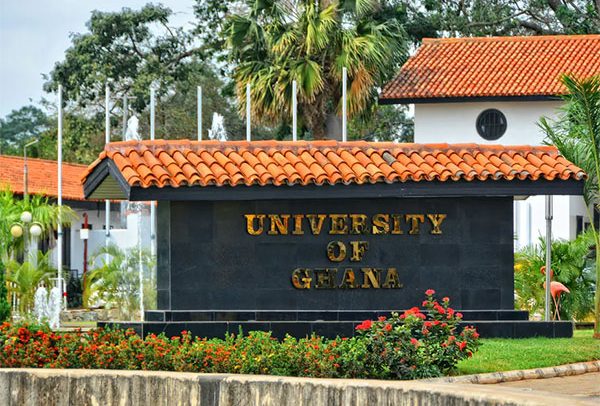
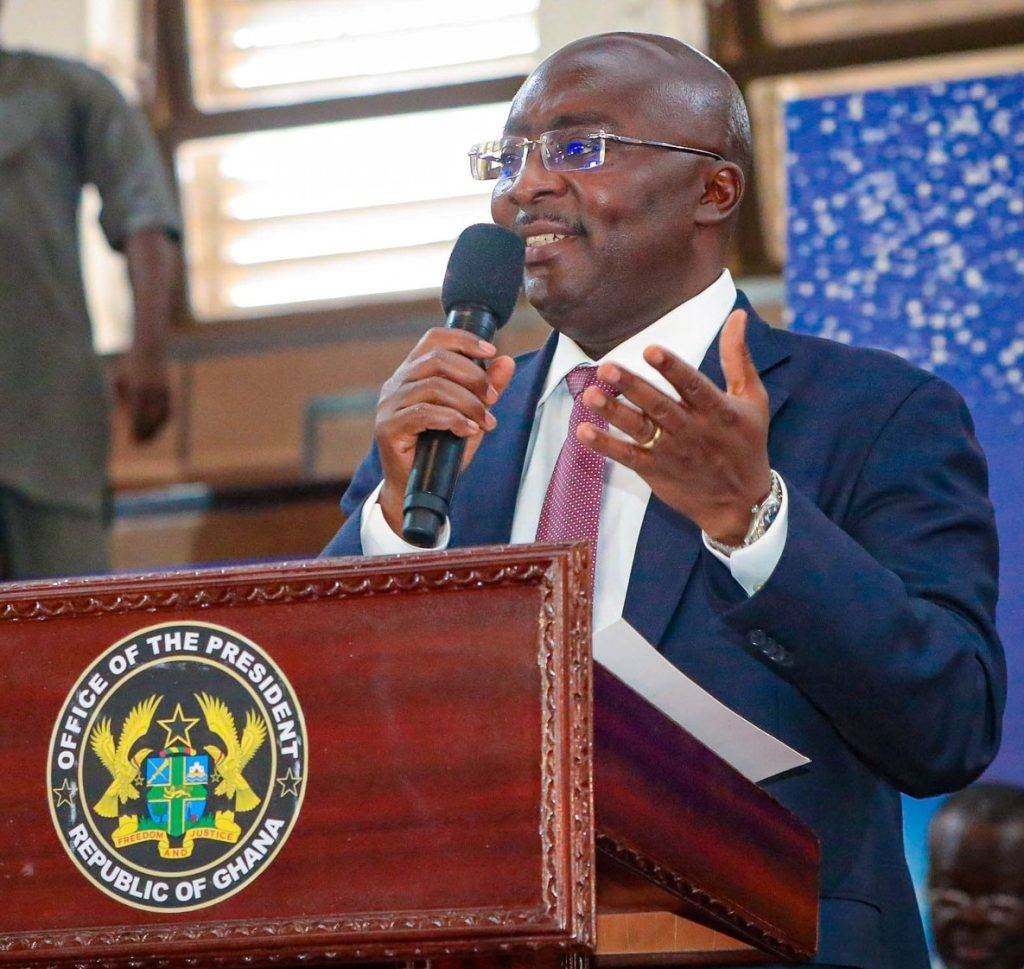







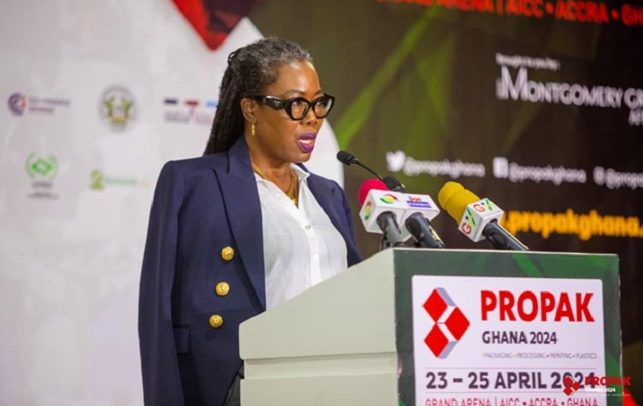







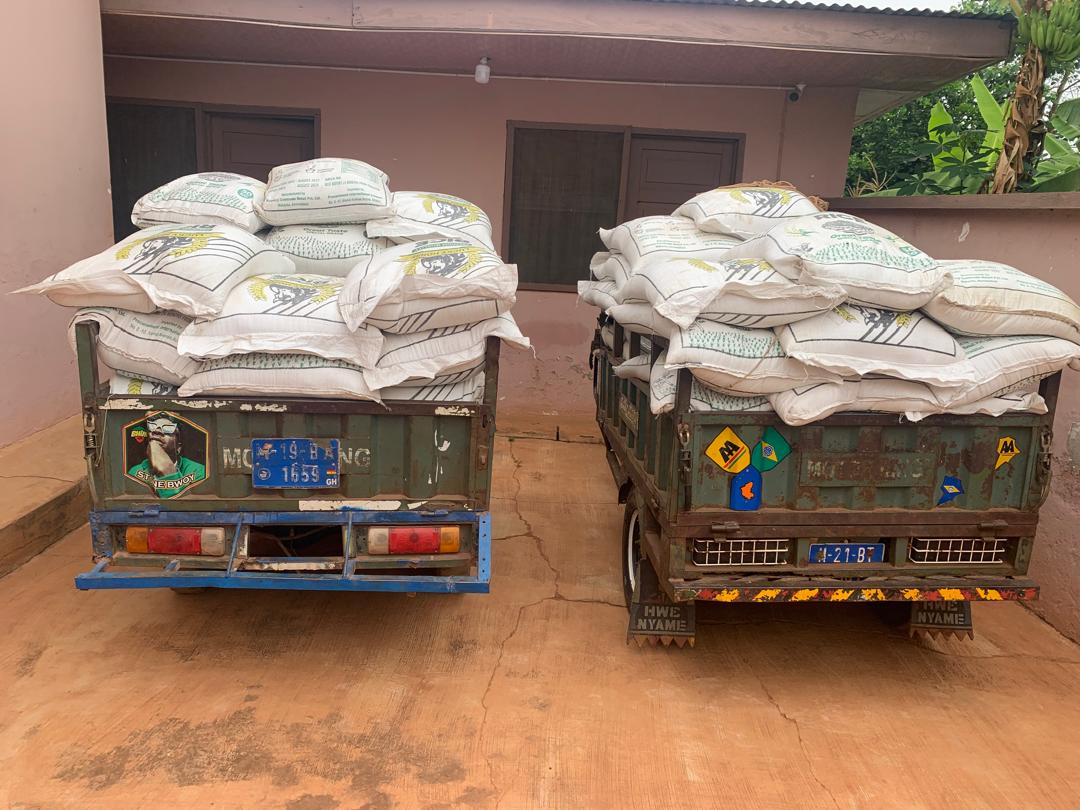
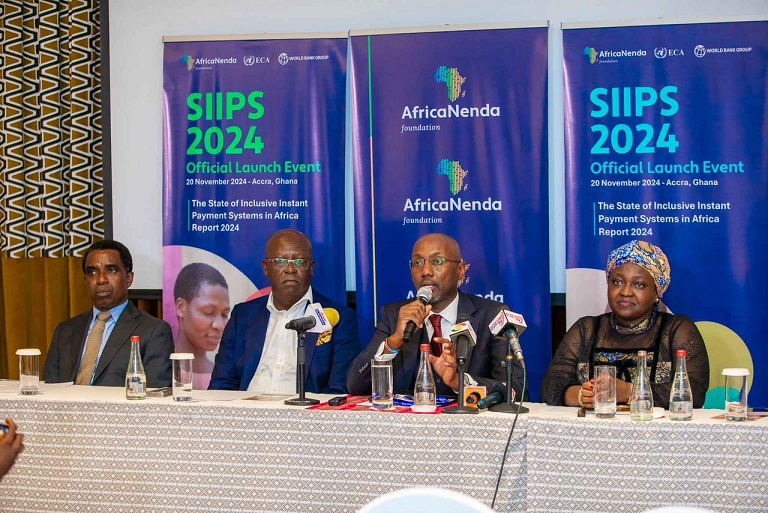



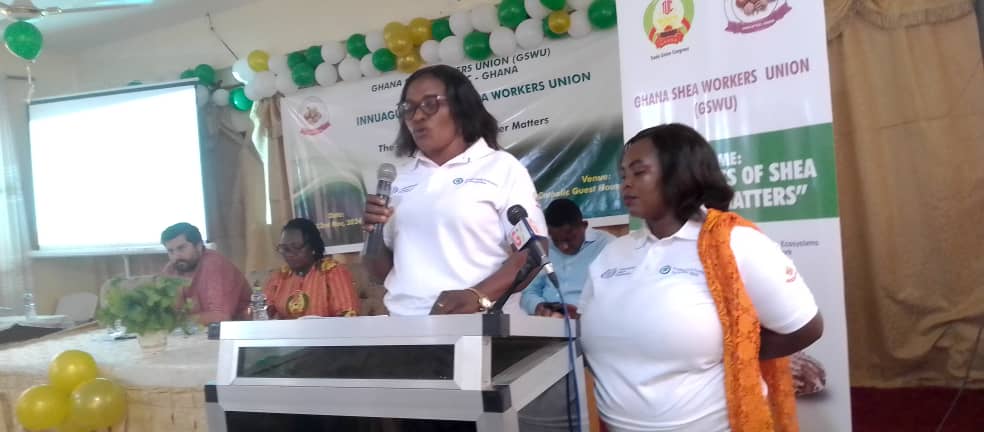

Facebook
Twitter
Pinterest
Instagram
Google+
YouTube
LinkedIn
RSS